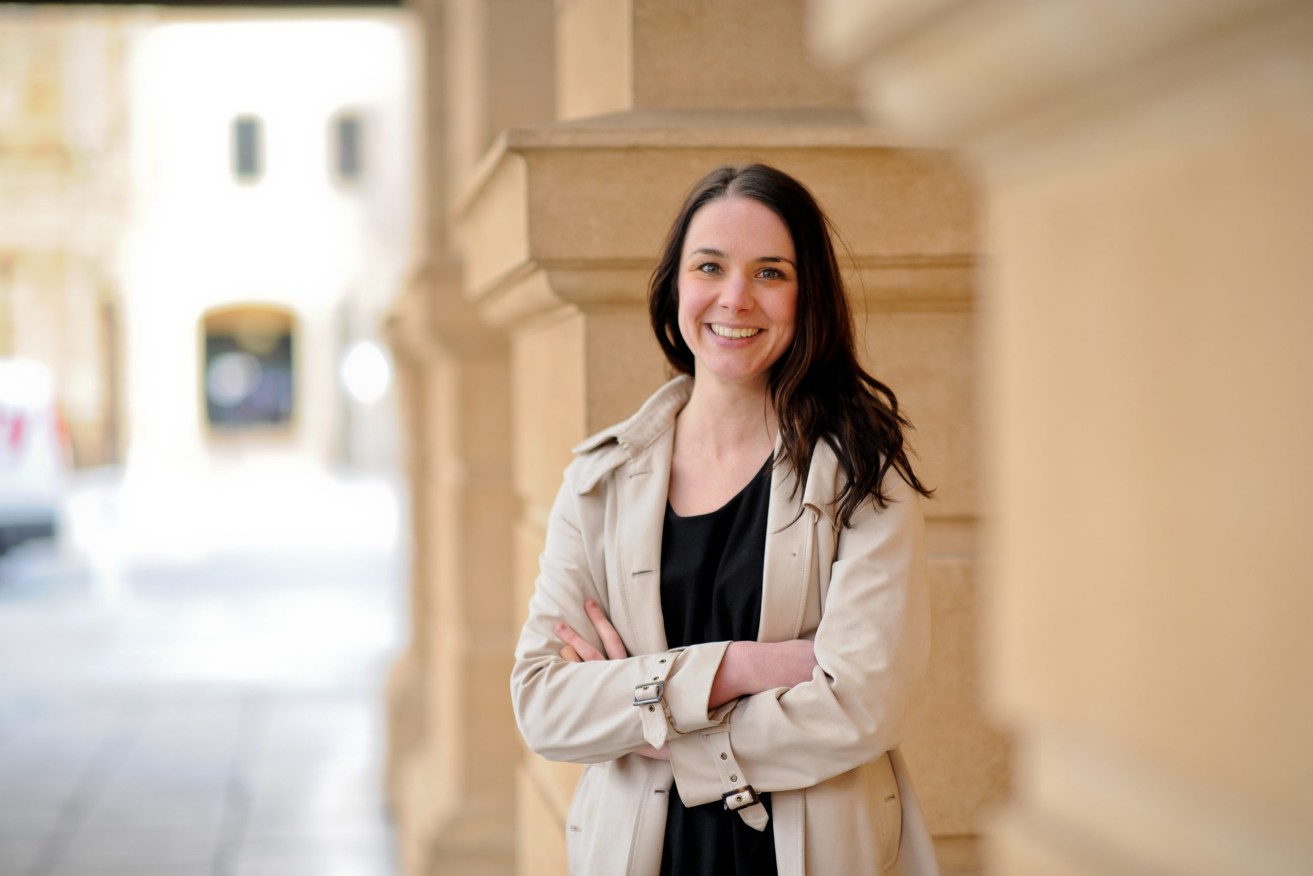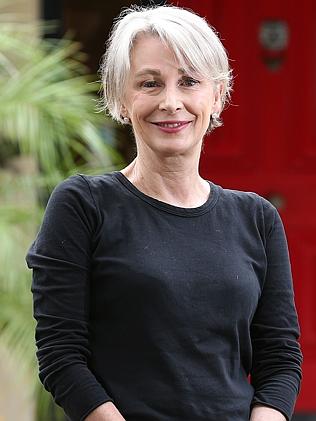Renew Adelaide hits back at “cancer” comments


Renew Adelaide CEO Lily Jacobs. Photo: Nat Rogers / InDaily
Renew Adelaide has defended its role in the city after a city councillor said the growth of the not-for-profit organisation’s activities demonstrated Adelaide was a “failing” city.
Area councillor Anne Moran told a committee meeting on Tuesday evening that the spread of Renew Adelaide’s activities – encouraging pop-up businesses in the city – demonstrated that the CBD was “failing”.
“It is a cancer – a necrotising fasciitis (flesh-eating bacteria) – to have popups and Renew Adelaide going through,” Moran said.
“The more pop-ups that Renew Adelaide does – while that’s a wonderful, vibrant, stop-gap – (that) is the sign of death going through our city.”
However, Renew Adelaide CEO Lily Jacobs told InDaily programs such as hers demonstrate new growth rather than demise.
“We’re encouraging people to try new things, to try new business models (and) to innovate … which in turn makes the city a better place for people to live, work, invest and spend money in,” Jacobs said.
“Having a lot of vacant spaces or a lot of dead areas is a much worse outcome for most businesses (than increased competition from pop-ups).
“There is an increase in foot-traffic and there is an increase in people who are going to the area if there are a range of new businesses happening.
“The existence of an organisation that incentivises innovation, and encourages creative activation is not a negative thing.
“That’s not a concept that’s unique for Adelaide. That’s, in fact, a strategy that’s used in cities like London, and New York, and Sydney.”
University of South Australia economics professor Richard Blandy, writing in InDaily’s Business Insight today, cites the city’s pop-up economy as a good example of how to encourage new businesses.
“Of course, established cafes and restaurants have objected to this increase in competition, and cited regulations that they had to meet that the ‘pop-ups’ did not, showing the influence of regulations in stifling competition,” he writes.
“Often, as the Productivity Commission has noted, regulations are supported by established businesses as a means of restricting competition.”
Moran told the committee that the city was “draining” of long-term, bricks-and-mortar businesses.
“Pop-ups are something that happens when you haven’t got a healthy business environment,” Moran said.
However, Jacobs said Adelaide had “become a better place, and a more interesting place, and therefore a more attractive place to do business over the last couple of years”.
“Pop-ups have been some of the most innovative businesses that we’ve seen lately in the city.”
She said start-up businesses using the Renew Adelaide model – generally a 30-day, rent-free lease – have used the experience to develop the skills to establish long-term bricks-and-mortar businesses.
“Businesses that Renew (Adelaide) deals with on short-term agreements aren’t necessarily designed to be pop-ups,” she said.
“A lot of them are actually exploring longer term opportunities – they’re not there as a kind of grab-and-run initiative.
“They’re there to see if they can make it work long term.
“A year ago, we put seven new projects into Regent Arcade. Now, a year later, five of those have taken commercial leases and three other commercial businesses have started up in the arcade.
“It’s now a thriving arcade.”
Tuesday evening’s committee recommended higher fees and a wider exclusion zone for mobile food vendors, and a subsidy for established businesses wanting to try a mobile operation.





